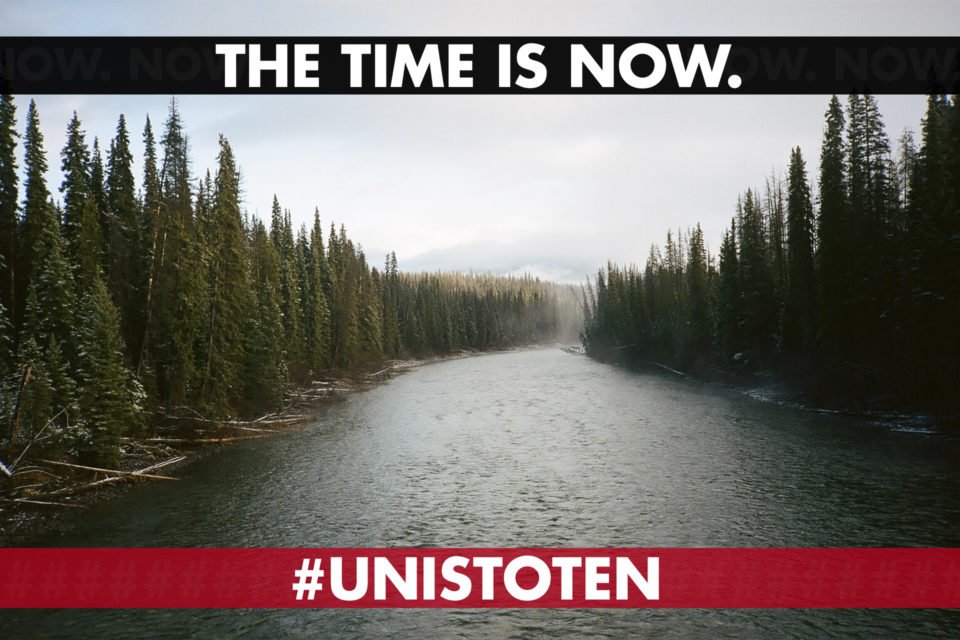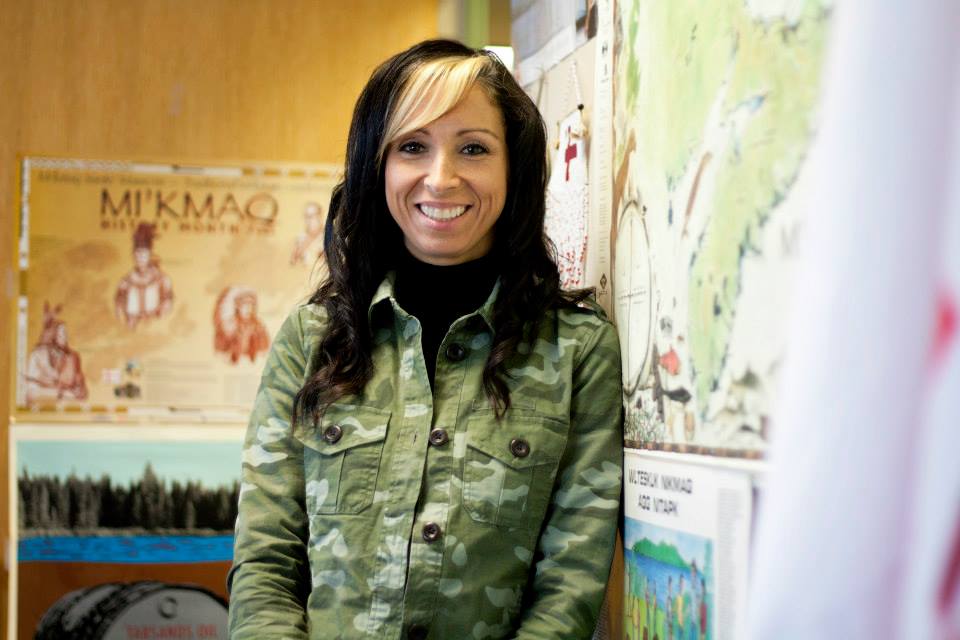(Image from Unistoten Camp) *This article was originally published in Canadian Dimension Magazine on May 15, 2018. Conflict is coming. There is no getting around that fact. Anyone who believes that reconciliation will be about blanket exercises, cultural awareness…
Continue reading…about True Test of Reconciliation: Respect the Indigenous Right to Say No

